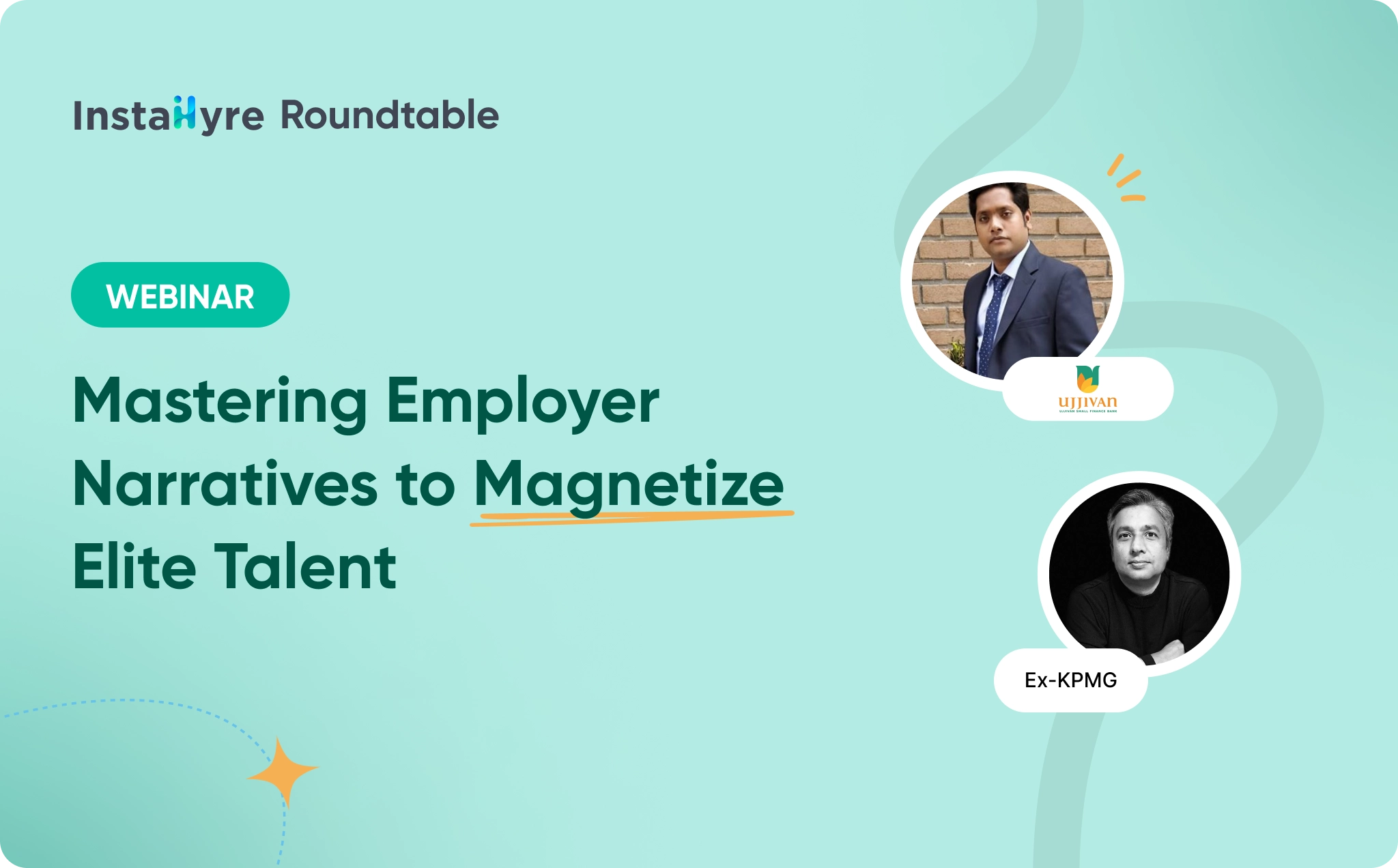<1 min | Posted on 03/01/2022
Blockchain in employee background and document verification
Traditionally, HRs reach out to the connections provided or previous employers of the candidate to validate their resumes, or they often hire a third-party agency specialising in verification to do the job for them. Unfortunately, one requires too much manual work and time, so 48% of HR managers skip this step.

Table of Contents
Blockchain in employee background and document verification
A candidate’s journey ends once the offer letter has been rolled out; post that, it’s just a matter of weighing the offers at hand and choosing the right one. But a recruiter’s journey is nowhere close to the finish line. They have to get started with the crucial task of validating the candidate’s documents and details, reaching out to the past employers, and re-evaluating their decision. But what if the details provided by the candidate don’t match up or, even worse, the documents are forged, and you get to know the truth post recruiting them. Scary to even think about it, right? But you can’t skip the step either, no matter what.
Traditionally, HRs reach out to the connections provided or previous employers of the candidate to validate their resumes, or they often hire a third-party agency specialising in verification to do the job for them. Unfortunately, one requires too much manual work and time, so 48% of HR managers skip this step. And the other can end up being a costly affair. Also, no matter how careful you or the agency is, at times, the doctored resumes or the carefully planted references can go amiss, and you might end up hiring someone who isn’t qualified enough or reliable enough for the job. But what if there was a foolproof technology to carry out this task? Even though it hasn’t been popularised in the industry yet, it can be the best solution- Blockchain technology.
What is blockchain technology, and how does it work?
Blockchain, in simple terms, is a shared ledger that stores data that can’t be altered once added. So, how does that function in the recruitment process? Let’s understand with an example, shall we?
Imagine you were to verify and validate the information about a candidate named John Doe. John has previously worked with three companies- X, Y, and Z. Now, if blockchain technology were in use, X, Y, and Z recruiters would have validated John’s information and added an honest experience letter. All you would have to do is look into the ledger, and voila, background and document verification is done with a click—no need to manually reach out to anyone or depend on a third party to do it for you. Easy, quick, and foolproof—isn’t that the dream!
Let’s look at the benefits of blockchain technology in recruitment.
Tamper proof
Do you know how many people lie or stretch the truth in their resumes? A survey conducted by Checkster revealed 78% of candidates who received offers had lied on their resumes. That’s a pretty high number, and all of them escaped through meticulous screening. Mostly these are what candidates consider as safe white lies. It could range from exaggerating their role in a project or duration of employment or lying about a skillset that they crammed right before applying for the job. But if we start employing blockchain in the recruitment process, recruiters would easily find these lies. The recruiters handle blockchain technology so that no candidate can edit information about themselves, making it a tamper-proof channel for verifying information.
Shorter screening time
On average, verifying a candidates background can take up to two to four working days. Usually, this is when the candidates drop off and choose other companies that are quick at closing them. We all know what value a day holds in the recruitment process, especially when multiple offers are pouring in. Even if you are super quick and finish the verification process in a day, there isn’t a certainty that other companies wouldn’t have approached the candidate. The result is that the candidate has chosen another firm or has to convince him again and negotiate. A long process indeed! But with blockchain technology, the whole process will be condensed to a couple of minutes. The details provided by the candidate will be mapped against the data available, and voila, you are done. So, you can roll out the offer as soon as you pick a talent of your liking and get approvals. Now, isn’t that godspeed!
Pre-verification for your convenience
How do you generally do a background check of your finalised candidates? You either share the resumes with a company specialising in background checks or pick up the phone and cross-check with the references provided yourself. But how can you be sure if the contacts provided by the candidates are themselves legitimate or not? You will validate their authenticity as well, even if it’s just finding their profiles on LinkedIn. No matter how much effort you put in background verification, it will never feel you have done enough to have 100% surety if all the information is correct. But when the previous employees themselves validate and add the candidates’ data, you can sit back and relax, right? Blockchain will allow you to have that 100% surety as each employer will be doing the screening too.
Reduction of manual labour
Let’s be honest; the recruitment process isn’t a cakewalk for recruiters to begin with. Posting the job, then waiting for applications or reaching out to candidates, screening, shortlisting, scheduling interviews, checking updates on the assignments sent, and then finalising candidates- and all this requires a lot of effort. Now, add to it the extra labour of manually verifying. But fortunately enough, blockchain technology can easily take the burden off your shoulder to make your life a little easier.
Blockchain technology has tremendous potential for verifying documents and background checks, but it would be a while before it becomes a way of life for recruiters across the globe. The biggest yet most straightforward reason is coming to a consensus and adopting building one platform that would be widely used for the purpose. It took a decade for Bitcoin- the blockchain cryptocurrency, to become a global fad. So, we might have to hold in our excitement, but hey, fingers crossed.
But till then, use technology in the other steps of the recruitment process. Happy Instahyring!
More on employer branding
Want to be a part of Exclusive, Invite - only Recruitment events?
Get notified when new stories and insights are released.
You always have the choice to unsubscribe.









